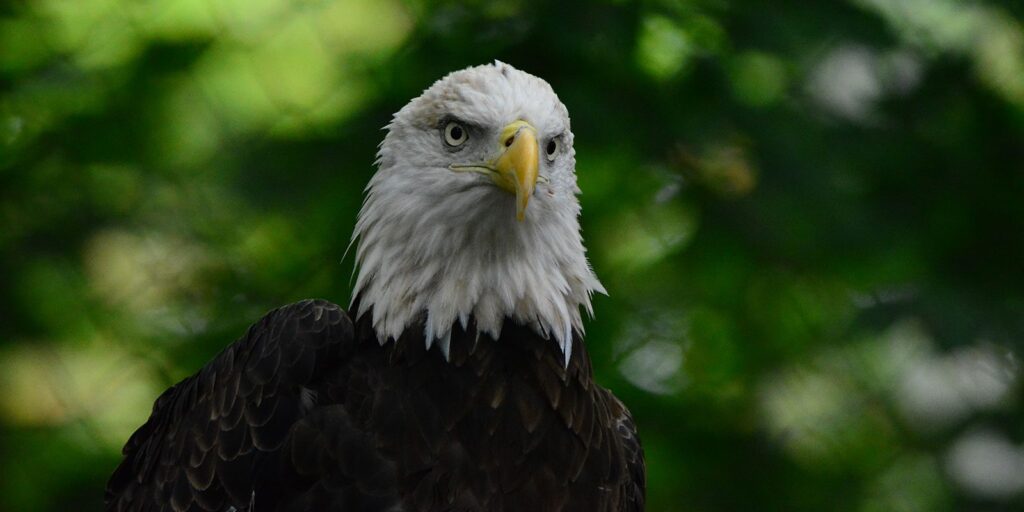Follow the application process outline below to be considered!
The application deadline for the summer of 2025 will be February 28th, 2025
Program
Four-week, funded animal care, clinical veterinary, and research fellowship for pre-vet college students to occur between May and August. The successful applicant will earn $750 per week.
Please note: Housing will be NOT be provided. The successful applicant will be responsible for identifying their own housing. We suggest the Extended Stay America. A car is highly desirable as public transportation is limited.
Objective
Familiarize an academically qualified, pre-veterinary college student with exotic animal medicine and conservation by:
- Gain first-hand experience with research methodologies employed in a Zoo based conservation institution. The student’s final report will be filed in the Zoo Animal Hospital Library.
- Understand important aspects of a preventive medicine program essential for all fields of veterinary medicine.
- Become proficient with routine laboratory diagnostic tests employed at the Zoo hospital.
- Gain a working knowledge of husbandry practices unique to maintaining healthy exotic animals.
- Learn about animal welfare as it relates to the practice of veterinary medicine and management of Zoo animals
The Zoo’s pre-veterinary fellow will:
- Completing a research project jointly identified between the student and lead vet (10 hours per week)
- Assisting and observing the veterinary staff with implementation of the Zoo’s preventive medicine program including clinical rounds, chemical immobilizations, quarantine procedures, necropsies, diagnostic techniques and surgery
- Rotating through all of the Zoo’s animal care areas and learning husbandry practices for and normal behavior of animals including marine mammals, penguins, primates, elephants, carnivores, birds and reptiles (10 hours per week)
Minimum qualifications:
- Two years of undergraduate pre-vet studies must be completed by the start date of the program.
- The successful applicant must have at least 100 hours of experience in a traditional companion animal (dog, cat, horse) and/or food animal (cow, pig, sheep) veterinary practice.
- At least a 3.0 GPA
Please note: Applicants are objectively scored and ranked for this highly competitive program.
Application process:
The completed application packet consists of the following materials:
- Personal statement including why you are interested and what you would bring to the program
- CV or Resume
- College transcript (unofficial copy is acceptable)
- Completed recommendation form from a veterinarian with whom you have worked
AAB Pre-Vet FAQ:
A 3.9 out of 4.0.
Yes. The successful candidate must have completed two years of undergraduate pre-vet coursework before June. If there is a tie between two applicants’ scores, the applicant with more coursework is awarded the position.
Yes. You must be a pre-vet undergraduate student at the time of application.
No. The program is limited to pre-vet students only.
No.
No. Please submit one recommendation from a veterinarian you have worked with.
No. The most important experiences for successful candidates are veterinary practice experience with both companion animal (dog/cat) AND large animal (cow/horse) private practice settings.
The internship can occur during any consecutive four (4) week period in May, June, July or August at a time mutually coordinated between the successful applicant and Dr. McKinney.
No. The stipend is $750 and housing is not provided. However, low cost housing options may be available through a docent or Zoo staff member. Dr. Louis will discuss these options with the successful candidate if he or she is interested.
Yes. There are no housing opportunities within walking distance to the Zoo.
No. We prioritize routine animal health procedures every summer during the AAB pre-vet program and cannot offer other shadowing opportunities.
Some have included:
- Reproductive endocrine profiling of African elephants
- Retrospective (12 year) analysis of mortality in African black-footed penguins.
- Cross-sectional survey of amphibians for chytridiomycosis (PCR).
- Nutrient and shell analysis of wild and captive Chittenango Ovate amber snails.
The Zoo provides scrub tops. The AAB pre-vet fellow provides their own comfortable shoes and pants (long or short).
The admission committee uses an objective scoring system ranking applicants by experience in both traditional large and small and veterinary practices, letter of interest, veterinary recommendation and GPA.
Yes. However, a new application must be submitted.
75 to 100 qualified applicants apply each year.
Biweekly payments of $1,500 for a total of $3,000, subject to state and federal income taxes.
Yes. The AAB Pre-Vet Fellow may work with keepers in animal sections and the hospital on weekends.








